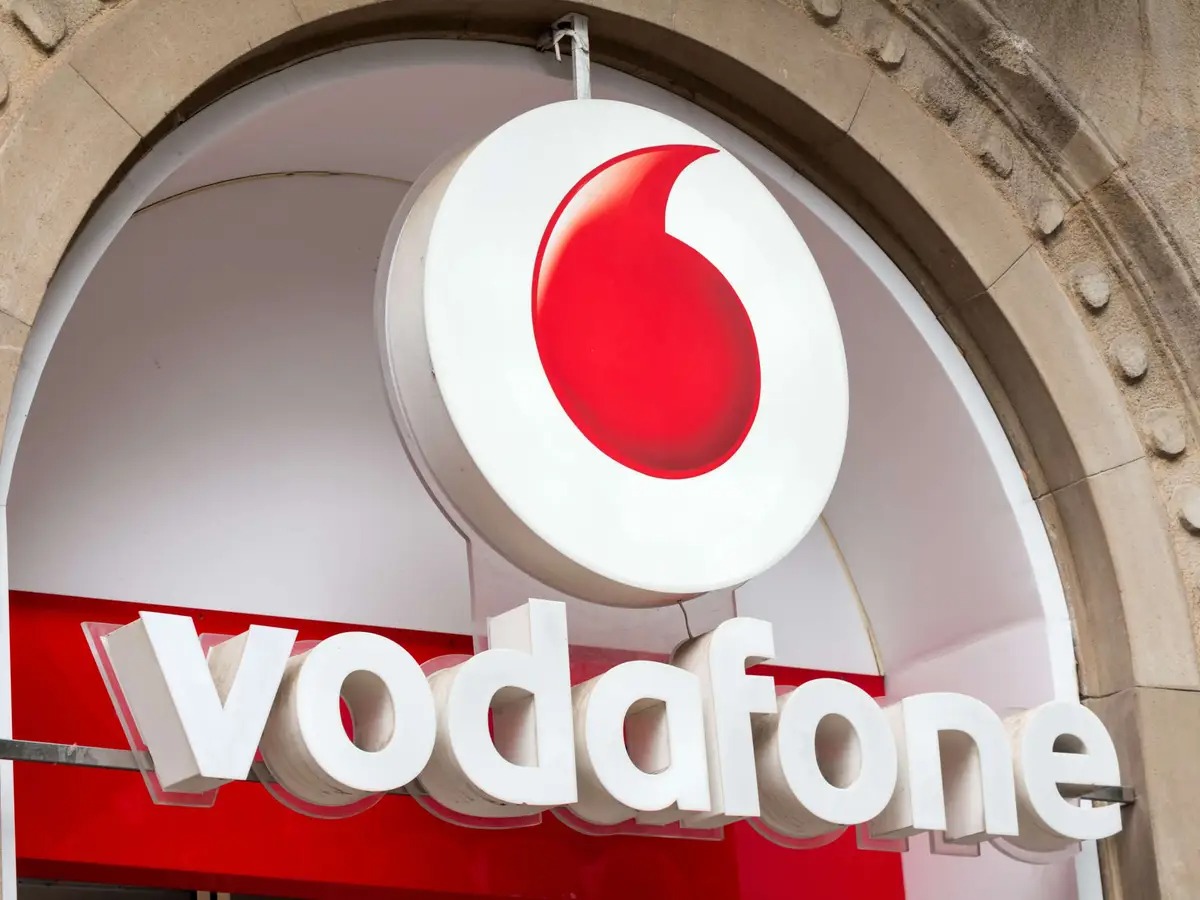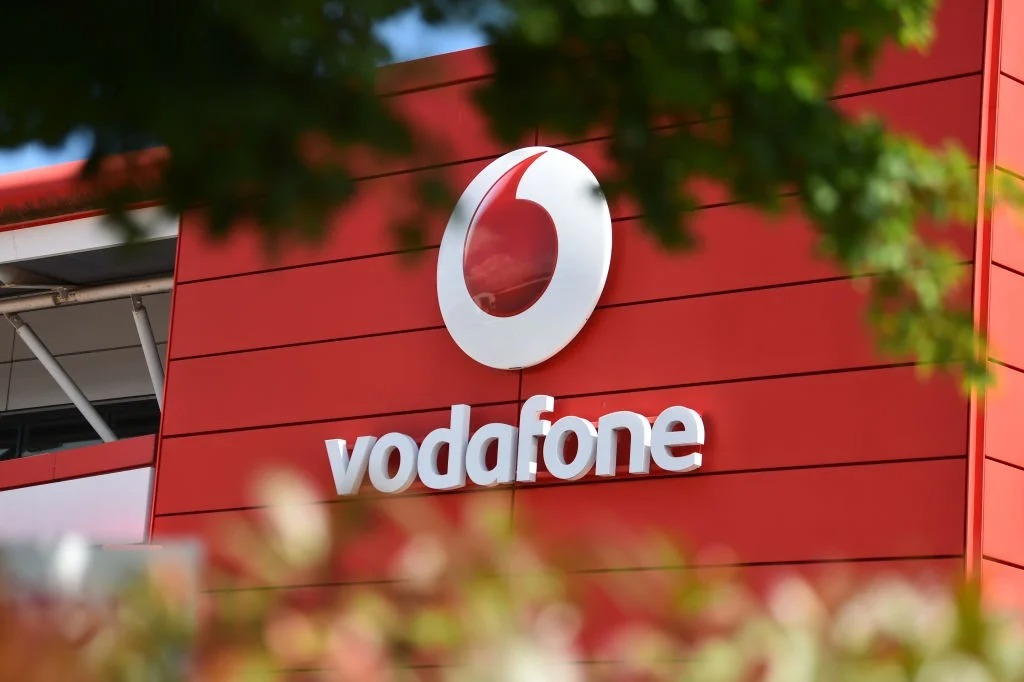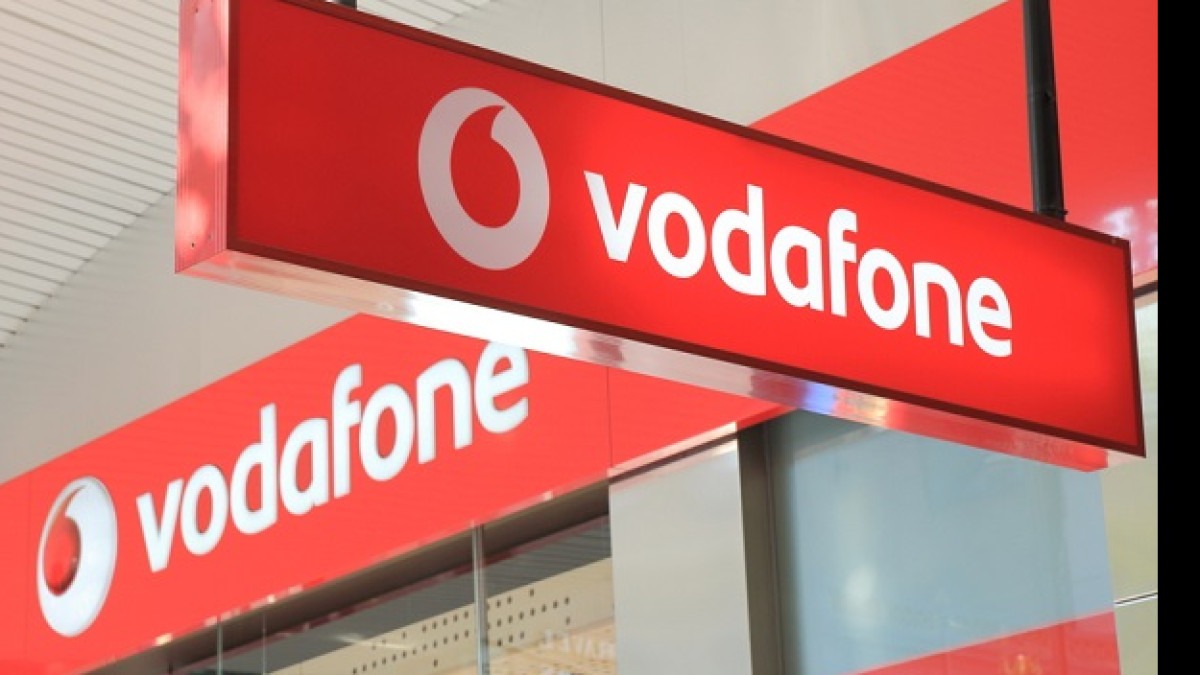Vodafone is a British multinational telecommunications company that provides services in more than 25 countries. It was founded in 1984 as a subsidiary of Racal Electronics, a British electronics company, and was initially called Racal-Vodafone. Vodafone launched the UK’s first cellular network in 1985 and has since expanded its operations globally, becoming one of the world’s largest telecommunications companies. The company offers a range of services, including mobile and fixed-line telephony, broadband and TV services, as well as cloud and IoT services. Vodafone is known for its innovation in the telecommunications industry, being the first to introduce international mobile roaming and launching some of the first 3G and 4G networks in the world. In recent years, Vodafone has been focusing on expanding its presence in the Internet of Things (IoT) market and developing 5G networks.
Vodafone’s Early Days: A Brief History:
Vodafone was founded in 1984 as a subsidiary of Racal Electronics, a British electronics company. The company was initially named Racal-Vodafone and was established to provide a cellular network in the UK. In 1985, Vodafone launched the UK’s first cellular network, known as Vodafone1. The network was launched in the London area and allowed customers to make and receive calls from their cars using a mobile phone.
In 1986, Vodafone became a public limited company and was listed on the London Stock Exchange. The company continued to expand its operations, launching its first international mobile roaming service in 1991, which allowed customers to use their mobile phones while traveling abroad.
Vodafone continued to grow through the 1990s, acquiring the cellular operations of Talkland, a British mobile phone retailer, in 1992. The company also launched its first 3G network in Japan in 1999, becoming one of the first telecommunications companies in the world to do so.
In 2000, Vodafone made headlines when it acquired Mannesmann, a German telecommunications company, in what was then the largest corporate merger in history. The acquisition gave Vodafone a strong presence in the European market and helped to establish the company as a global leader in telecommunications.
Throughout its early days, Vodafone was known for its innovative approach to telecommunications, pioneering new technologies such as international mobile roaming and 3G networks. The company’s early success laid the foundation for its continued growth and expansion in the decades that followed.
Vodafone’s Global Expansion:
Following its success in the UK, Vodafone began expanding its operations globally in the 1990s. The company established partnerships with local telecommunications providers in various countries, allowing it to offer mobile services to customers in these regions.
One of Vodafone’s first major international ventures was its acquisition of Eircell, the largest mobile operator in Ireland, in 2000. This acquisition helped to establish Vodafone as a major player in the European telecommunications market.
In the years that followed, Vodafone continued to expand its operations globally, acquiring or establishing partnerships with telecommunications companies in countries such as Spain, Portugal, Italy, Germany, and the Netherlands. By the mid-2000s, Vodafone was one of the largest mobile telecommunications companies in the world, with operations in over 25 countries.
In 2007, Vodafone further expanded its global reach through the acquisition of Hutchison Essar, a major mobile telecommunications company in India. The acquisition gave Vodafone a significant presence in the Indian market, which is one of the fastest-growing mobile telecommunications markets in the world.
Today, Vodafone operates in more than 25 countries and serves over 300 million customers. The company continues to focus on expanding its operations globally, particularly in emerging markets where there is significant potential for growth in the telecommunications sector.
Services Offered by Vodafone:
Vodafone offers a wide range of services in the telecommunications sector, including mobile and fixed-line telephony, broadband and TV services, as well as cloud and IoT services. Here are some of the main services offered by Vodafone:
- Mobile Services: Vodafone offers a range of mobile services, including prepaid and postpaid plans, mobile internet services, and international roaming. The company also offers a range of mobile devices, including smartphones and tablets.
- Fixed-Line Services: Vodafone offers fixed-line telephony services, including voice and data services, to both residential and business customers. The company also offers broadband services, including ADSL, VDSL, and fiber optic connections, as well as TV services in some markets.
- IoT Services: Vodafone is a major player in the Internet of Things (IoT) market and offers a range of services and solutions to customers in various sectors, including automotive, healthcare, and energy. The company’s IoT services include connectivity, device management, and application development.
- Cloud Services: Vodafone offers cloud services to businesses, including cloud storage, backup, and recovery, as well as cloud-based software applications and services.
- Enterprise Services: Vodafone provides a range of services to enterprise customers, including voice and data services, IoT services, cloud services, and managed services.
- Payment Services: Vodafone also offers payment services, including mobile payment solutions and mobile money transfer services.
Overall, Vodafone offers a wide range of services to its customers, from mobile and fixed-line telephony to cloud and IoT solutions. The company’s diverse range of services has helped it to establish a strong presence in the telecommunications market and remain competitive in a rapidly evolving industry.
Vodafone’s Current Focus: IoT and 5G:
IoT refers to the interconnected network of physical devices, vehicles, home appliances, and other items embedded with sensors, software, and connectivity that enable them to collect and exchange data. Vodafone is working to expand its IoT offerings and capabilities to meet the growing demand for smart devices and IoT solutions in various industries.
5G is the fifth generation of cellular technology and is expected to deliver faster speeds, lower latency, and increased capacity compared to previous generations. Vodafone has been investing heavily in the development and deployment of 5G networks across its markets to offer new services and applications that require high bandwidth and low latency, such as virtual and augmented reality, autonomous vehicles, and remote healthcare.
Vodafone is also exploring how to leverage the combination of IoT and 5G to offer new and innovative services to its customers, such as smart city solutions, connected vehicles, and industrial automation. By focusing on these areas, Vodafone aims to remain competitive in the rapidly evolving telecommunications industry and deliver value to its customers.
Conclusion:
Vodafone is a global leader in the telecommunications industry, offering a wide range of services to customers in over 25 countries. The company has a rich history, starting as a subsidiary of Racal Electronics in 1984 and launching the UK’s first cellular network in 1985. Through innovative technologies and strategic acquisitions, Vodafone has expanded its operations globally and established itself as a major player in the telecommunications market. Today, Vodafone offers a diverse range of services, including mobile and fixed-line telephony, broadband and TV services, cloud and IoT services, and payment services. With a strong focus on innovation and customer satisfaction, Vodafone continues to grow and adapt to meet the changing needs of customers in an ever-evolving telecommunications landscape.

















